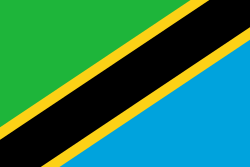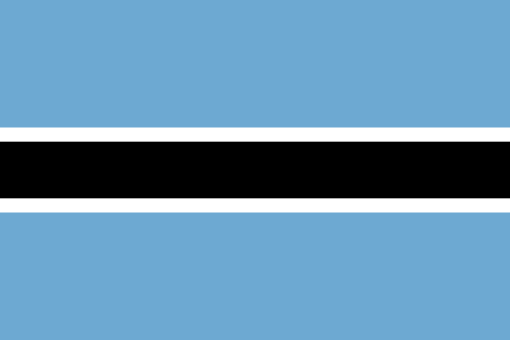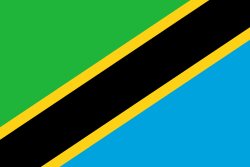Summer in Tanzania Program
In the Development Challenges in Tanzania internship program, you will study the complexities of current challenges and approaches to community-driven development, while testing and applying new knowledge in a part-time internship with a local community-based organization.
Summer in Tanzania Program








